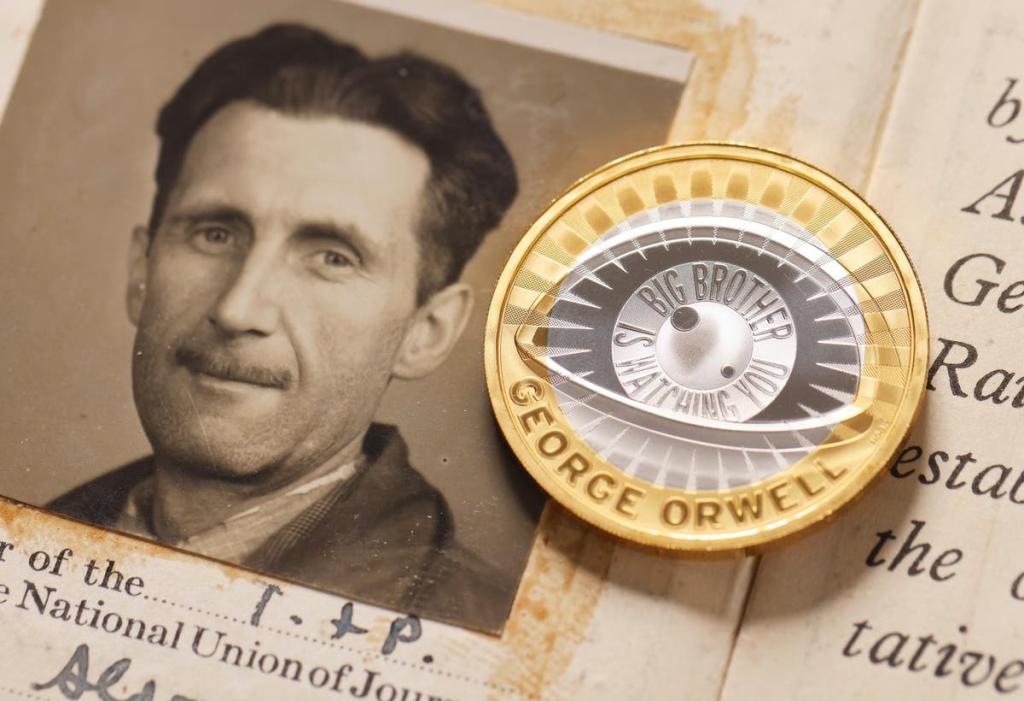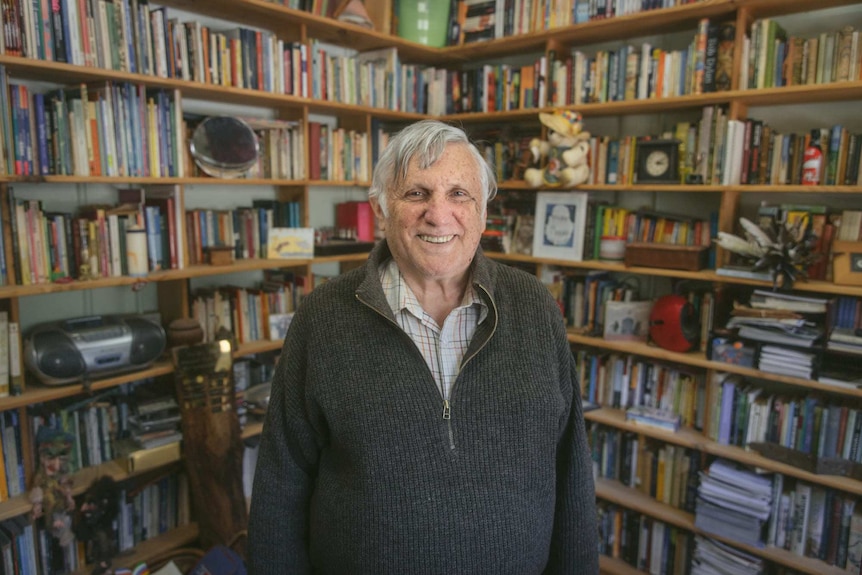Remembering David Lodge and His Impact on Literature
Explore the remarkable legacy of David Lodge, whose witty novels and sharp critiques significantly shaped modern literature and academic discourse.

Key Points
- David Lodge
, renowned for his Campus Trilogy, skillfully satirized academia while exploring profound themes of human relationships and societal challenges.
- His works, including "Small World" and "Nice Work", have been adapted for television, bringing his unique insights to a wider audience.
- Lodge's legacy continues to inspire new generations of writers and readers, showcasing the enduring impact of his wit and literary mastery.
David Lodge, the esteemed British novelist and critic, left an indelible mark on the literary world before his passing at the age of 89. Known for his sharp wit and insightful commentary on academia and society, Lodge's works have captivated readers and influenced many in the field of literature. His unique blend of humor and keen observation not only made his novels engaging but also offered profound reflections on the human condition.
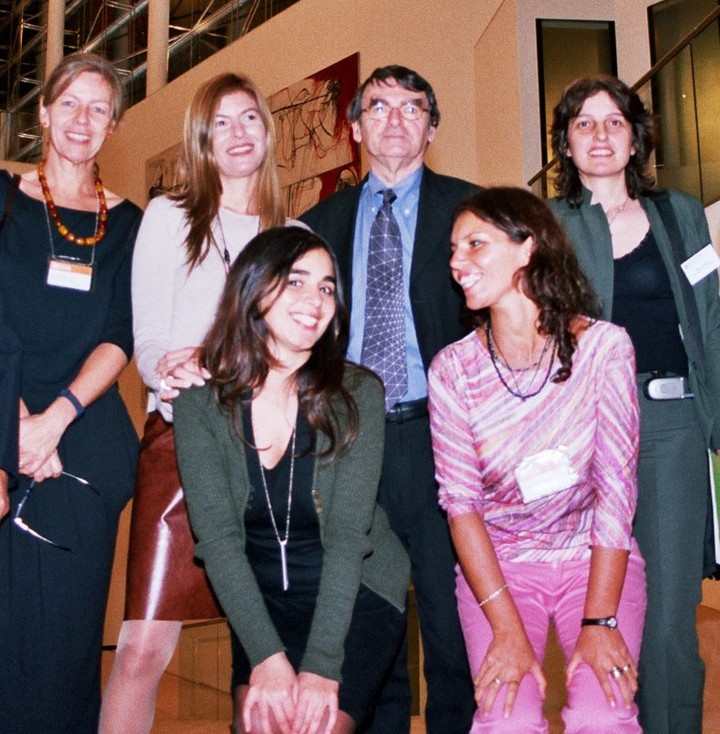
A Remarkable Literary Journey
Born on January 28, 1935, in Dulwich, London, Lodge’s early life experiences significantly influenced his writing. Growing up during World War II, he developed a sense of resilience that is reflected in his humorous yet contemplative storytelling. Lodge’s literary journey began at the
, where he spent much of his academic career and later drew inspiration for his renowned Campus Trilogy.
His trilogy, consisting of “Changing Places”, “Small World”, and “Nice Work”, is set in the fictional University of Rummidge, a thinly veiled representation of Birmingham itself. These novels explore the complexities of academic life, relationships, and cultural exchanges between the British and American educational systems. In “Changing Places”, for instance, Lodge presents a humorous juxtaposition of English and American academic cultures through the lives of two professors engaged in an academic exchange, a narrative that resonates well with readers navigating the sometimes absurd world of academia.
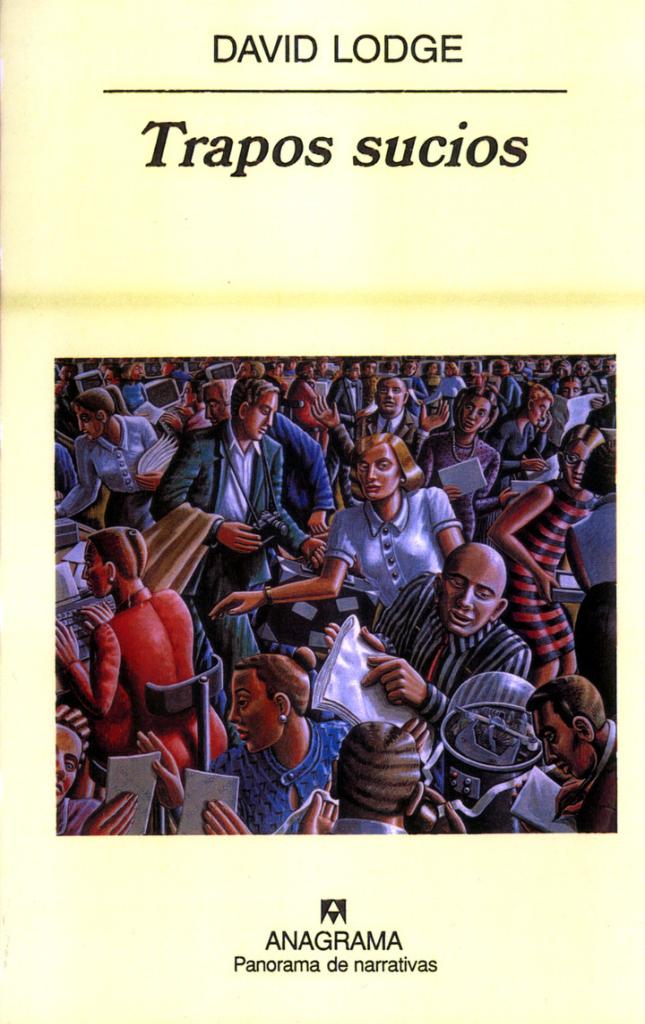
Literary Contributions and Recognitions
Lodge's contributions to literature go beyond just fiction. He was a prominent critic, with his essays in “The Art of Fiction” offering invaluable insights into narrative techniques and writing styles. His understanding of literary theory and criticism allowed him to articulate the intricacies of storytelling, making him a sought-after voice in both academic and reading circles. Furthermore, he was twice nominated for the
, a testament to his skill and recognition in the literary community.
Moreover, Lodge took his creativity to television, adapting his novels for the screen and successfully engaging a broader audience. The adaptations of “Small World” and “Nice Work” for BBC television highlight his ability to traverse mediums while maintaining the core essence of his humor and insight. These adaptations brought his stories to life and further entrenched his position as a significant cultural figure.

A Reflection of the Times
Lodge's work also served as a mirror reflecting the societal changes and challenges of his time. His exploration of topics such as the Catholic faith in “How Far Can You Go?” and the moral dilemmas presented in “The British Museum Is Falling Down” showcase his ability to weave personal dilemmas within larger societal contexts. Readers often found themselves relating to his characters' struggles, making his work resonate on multiple levels.
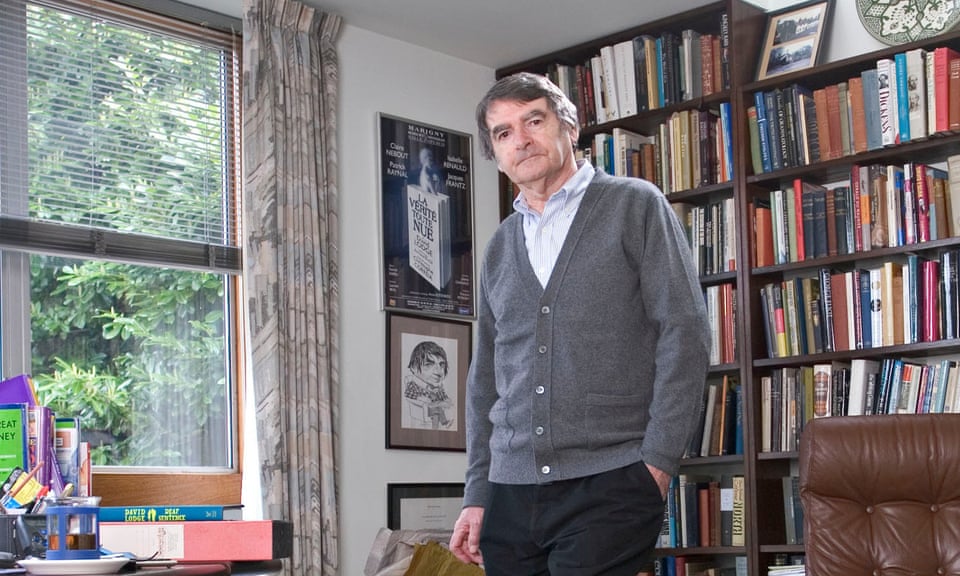
Legacy and Influence
While David Lodge may have departed, his literary legacy remains vibrant. His works continue to inspire new generations of writers and academics alike. Authors like Jonathan Coe have attributed the health of contemporary British comic novels to Lodge’s pioneering efforts, reinforcing his role as a pivotal figure in this genre. The richness of his narratives and the depth of his character explorations ensure that his stories will endure long past his lifetime.
David Lodge was not just a storyteller; he was a cultural commentator, a sharp observer of humanity, and a beloved figure in the literary world. His ability to blend humor with serious reflection provides readers with a compelling lens through which to view the complexities of life.
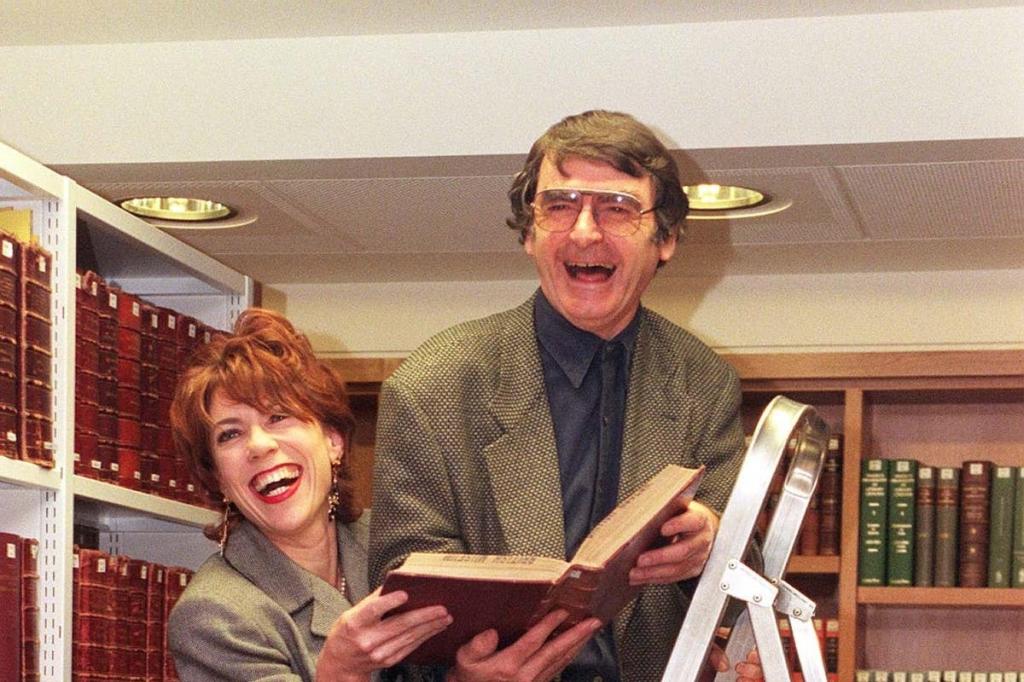
As we remember David Lodge, it’s essential to celebrate not only the stories he told but also the conversations they sparked. His wit, wisdom, and keen observations have left an imprint that will resonate with readers and writers for years to come.

